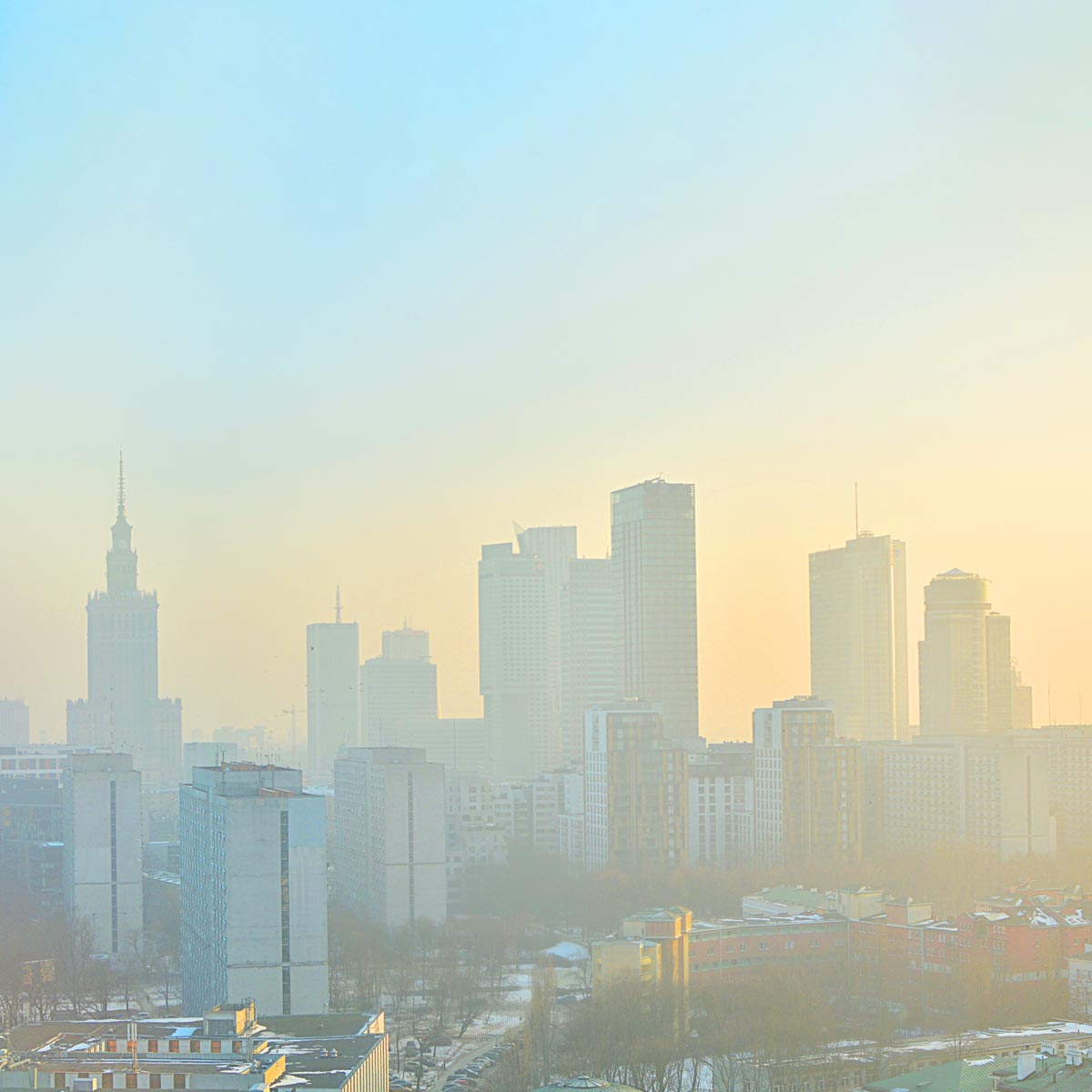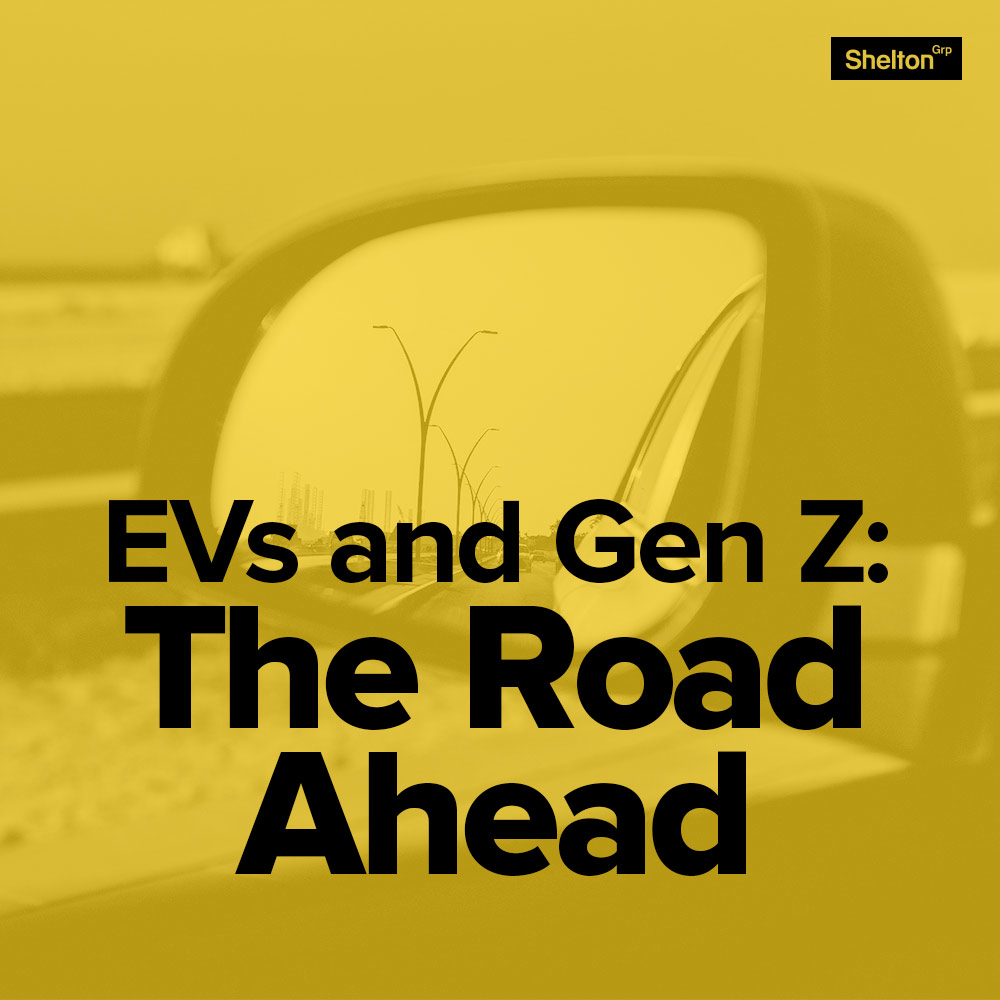Five Steps Corporate America Needs to Take in the Midst of COVID-19
Shelton Stat of the Week
86% of consumers believe that companies should take a stand for social issues.
Corporate America, it’s your time to shine
Have you ever heard the joke about the faithful man who’s sitting on his roof as floodwaters rise? Somebody comes by in a boat and offers to give him a ride. The man says, “No thanks, God will rescue me.” Then somebody comes by in a helicopter, throws a ladder down and implores him to climb on. The man stays put and says, “No thanks, God will rescue me.” Eventually the flood waters consume him, he dies and goes to heaven. When he meets God, he’s frustrated and asks, “Why didn’t you rescue me?” God, frustrated too, says, “I sent you a boat and a helicopter, what more do you want?”
Our world’s leaders (business, political, municipal, etc.) are the faithful man on the roof.
They’ve seen multiple devastating climate events, watched coastline disappear, witnessed growing income inequality, and lived through other epidemics and pandemics. They’ve heard warnings about our drug-resistant immune systems, failing infrastructure, mass displacements of “climate migrants” and how the vast majority of us have no savings or safety net. Their faith – in Innovation, the Markets, Capitalism – has kept them on the proverbial roof, unwilling to make the unpopular and tough decisions that would bolster our society and turn back the clock on climate change.
I am one of them, by the way.
Shelton Group’s purpose is to create a market advantage for the organizations that are creating a sustainable future. I have absolutely believed in the power of innovation, the markets and capitalism to deliver us to a sustainable future. And I actually still do, but with a different lens and a higher bar.
The gift for all of us in COVID-19 is that we get to see fully, brutally, nakedly, just how unsustainable our current system is. On the one hand, now that we’ve essentially stopped our world economy, the natural world is thriving. As has been widely reported, major smog-producing areas of the globe are experiencing dramatically lower air pollution. I even saw a piece about fish and swans coming back to the canals of Venice because the pollution has fallen off so much. What a relief to know that the natural world can bounce-back quickly when we stop damaging it on a daily basis. That means we CAN turn back the clock on our environmental damage. It also means people CAN change their behaviors. Overnight. If we have to.
The downside, of course, is that we can’t actually completely live this way. The bottom has fallen out of the economy, millions of people are out of work and literally have no way to buy basic necessities. And therein lies the rub: we’re completely dependent on our current system – a consumption-based linear economy – to keep everybody afloat…but that system is destroying our planet in the process. Stop the destruction and many of us drown.
I think this is an incredible opportunity.
We have the opportunity right now — flush with evidence about the cracks in our social system, and the very real ways in which we’re impacting our environment – to reimagine the Way We Do Things. The business leaders and companies who use this moment to be creative (as opposed to simply trying to get back to “business as usual”) are the ones who will not only weather this storm; they’ll be the preferred brands of the future.
Here are five things company leaders can do right now to create a sustainable future:
- Reimagine the way you work, collaborate and create. Do an honest assessment of the current impacts of corporate employees working remotely and determine how to bake that into systems going forward. Find the pockets of your company where productivity and happiness actually increase because of the remote working situation and make that the new normal. Determine what meetings worked just fine via video chat, what conference content was consumed just as easily online, etc. In other words, decide where you can honestly limit travel/commuting and do that from now on.
- Commit to zero impact and shift your business model from linear to circular. By committing now — by taking a stand that your company will eliminate its impact on the planet by deploying renewables, creating zero waste to landfill, and taking back/reusing materials – you’ll be able to make it happen. In other words, set the goal and the intention and then gather your brightest, most creative people and partners to build the model and plan forward. If you go back to business as usual in a couple of months, it will be nearly impossible to change. That’s the loop we’ve been stuck in. Now that we’ve pressed pause on the loop, use this time to create a new reality and implement it as the world comes back to work.
- Rely on the Fringe for insight. Take a look at Daniel Ford’s piece here. He talks through the Fringe Insights work Shelton does on an ongoing basis. It’s research that allows us to see what ideas we might consider to be “on the fringe” or “crazy” today could become mainstream tomorrow. This Fringe Insights work allowed us to spot the plastic waste outrage four years before it became mainstream. This work has also led us to make some predictions about how Gen Z will completely disrupt the automotive market (download our free new report on that here). In the next two weeks, Shelton Group will do more Fringe Insights work to get a handle on the potential for new expectations of Corporate America in light of COVID-19. We’ll publish what we find and conduct a webinar on it – all for free.
- Advocate for legislation that will bake sustainability into the fabric of our society and systems. Now is the most likely time that a case for legislation to “level the playing field” can be made and heard. Creating a circular economy and zero-impact manufacturing will cost money initially. Most business leaders have been afraid to fully commit for fear of being overlooked/shunned when their products carry a price premium compared to their competitors who are not taking the same steps on sustainability. If everybody is held to the same standard, everybody’s pricing will be comparable. And if everybody’s charged with creating a circular economy and zero-impact manufacturing, costs will come down that much faster. Our client, EDF, has worked with multiple other NGOs to create a great framework for this kind of advocacy, and you can learn about it here.
- Tell your story. I’ve been on this soapbox for a long time – and you can download this other free report to see why. You can also download a presentation I made about this at Sustainable Brands in 2018. When people know what you’re doing to create a sustainable future, your brand favorability will shoot up. As you tackle items #1, 2 and 4 on this list, you need to tell the world what you’re doing. That’s how you’ll get rewarded in the end – you’ll be the preferred brand, earning the revenue you need to support your sustainable business model, once everybody knows what you’re doing. Shelton Group has a system for this as well, and I just co-presented it at Greenbiz with three Shelton clients who’ve used the system – Eastman, EDF and Rheem. You can download that presentation and approach here.
Everybody keeps saying we’re in “unprecedented times.” Let’s all take advantage of the unprecedented opportunity to reimagine our systems and ways of working so we all truly thrive in the future.

Climate Push Loses Momentum as World Fights Coronavirus – Bloomberg Green
United Nations face-to-face climate talks are on hold. The EU-China climate summit has been postponed. Laura Millan Lombrana writes, “Such events are essential for governments to draft agreements in advance of the UN’s next global climate meeting, scheduled to take place in Glasgow in November.” Nations which have prioritized climate change impact reductions in their policy-making have now turned their focus to protecting their people from the imminent danger presented by COVID-19. Attention must shift, and so must budgets, in order to protect the health and safety of people across the globe but many believe there is a direct correlation between a warming planet and an increase of superbugs. So what does it mean for us to turn our focus during a pandemic which very well may be a direct result of the effect of climate change? We believe rather than two separate conversations, the conversation is one and the same. Read the article.

Where the Climate and Virus Intersect – The New York Times
Unhealthy air means weaker lungs and lower immune systems. One could draw the conclusion that the same pollution causing the acceleration of climate change, could also be weakening our ability to fight viruses like COVID-19. Dr. Hahyoe, a climate scientist at Texas Tech, says that climate change is a “threat multiplier” that makes many of our problems worse. John Schwartz writes in this article, “Even worse, air pollution makes people more susceptible to respiratory illness. A look at the SARS epidemic in China in the past found that patients from regions with high air pollution were “twice as likely to die from SARS” compared to patients from regions with cleaner air.” Does a warmer planet lead to an increase in superbugs? Some say yes. Is there a connection between the effects of climate change on the planet and the effects of climate change on our ability to fight infection and disease? Read the article.
Gen Z is Surprising Us Again
Our new report reveals a twist in the road to EV adoption
In our latest Energy Pulse™ study, 13% of Americans reported that they’re interested in buying an electric vehicle – up from 8% in 2018. But even as interest rises, charging stations proliferate and battery capacity grows, the barriers to buying EVs persist.
One generation, though, isn’t thinking so much about the barriers. Gen Z is already thinking about what comes after EVs as we know them today.


TAGS:Corporate Sustainability, Energy & Environmental Marketing, Energy & Renewables, Environmental Issues